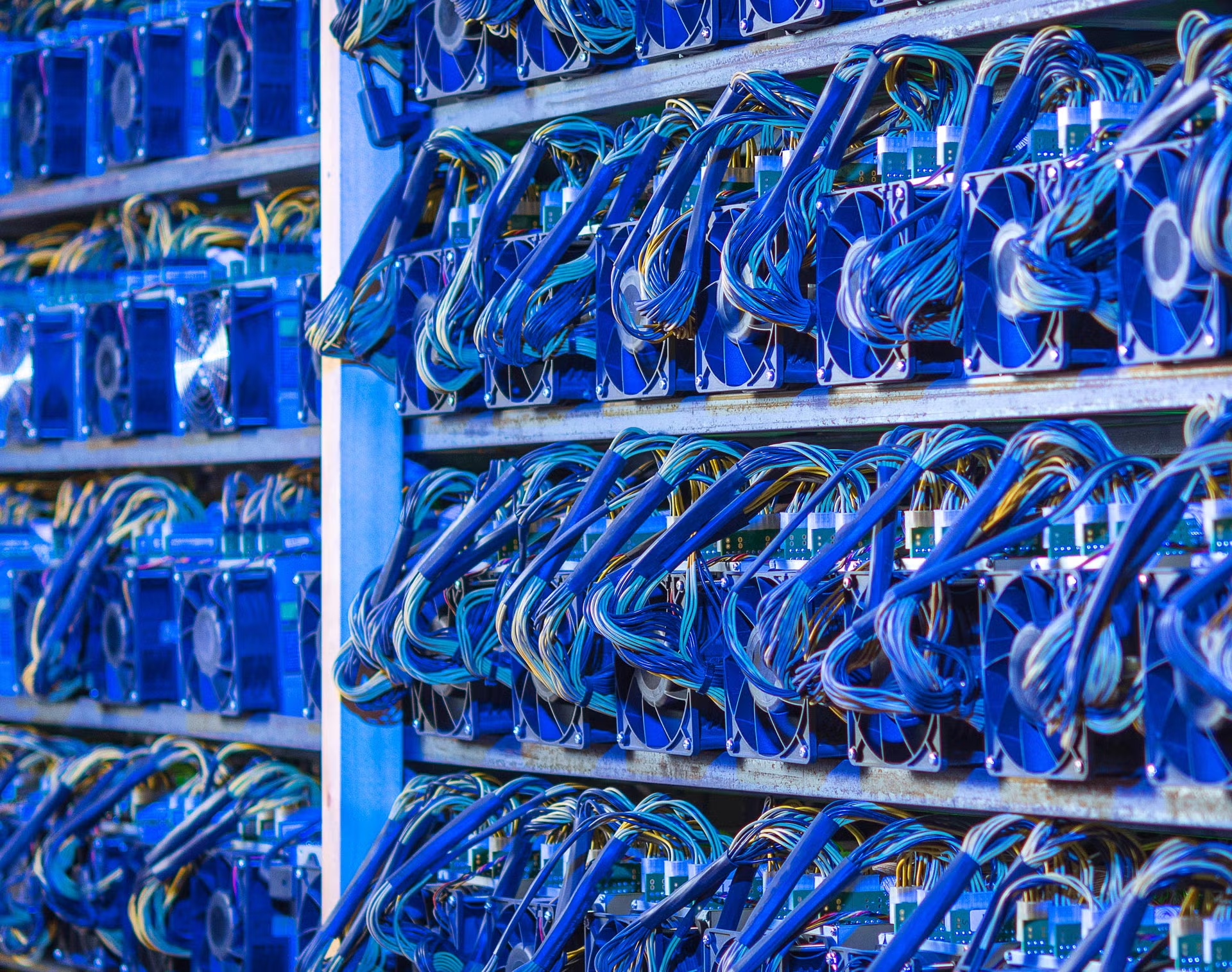Japan’s inflation-adjusted actual wages fell for the ninth straight month in September, underscoring the persistent squeeze on family buying energy and complicating the Financial institution of Japan’s path towards additional fee hikes. Authorities knowledge confirmed actual wages declined 1.4% year-on-year, following a revised 1.7% fall in August, as inflation as soon as once more outpaced nominal pay positive aspects.
Complete money earnings rose 1.9% to a median of ¥297,145 ($1,971), pushed by regular base salaries and a modest uptick in time beyond regulation pay. Nevertheless, that development lagged behind the three.4% rise in shopper costs — the primary acceleration in inflation since April.
- Common pay elevated 1.9%,
- Additional time pay, a key gauge of company exercise, climbed 0.6%.
- Particular funds similar to bonuses rebounded 4.5% after a pointy August drop, although they continue to be unstable exterior Japan’s conventional summer time bonus season.
—
Background to all this:
- BOJ Governor Kazuo Ueda says that the 2026 wage outlook might be pivotal for figuring out when to renew tightening.
- Japan’s largest labour federation, Rengo, has set a aim of “5% or extra” for subsequent spring’s wage negotiations after securing a 5.25% common hike this yr — the largest in 34 years.
- New Prime Minister Sanae Takaichi this week reiterated that Japan has but to realize sustainable inflation backed by sturdy wage development, suggesting her authorities favours a cautious method to additional fee will increase.



























